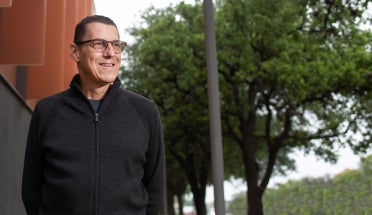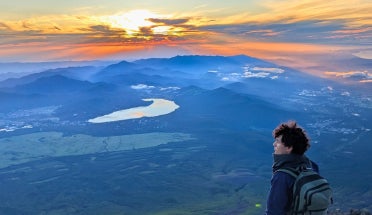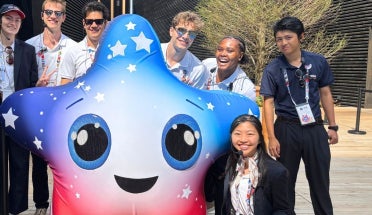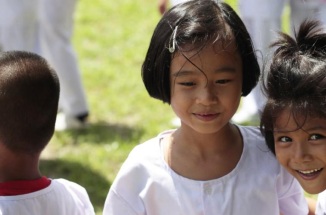
Projects with Underserved Communities 2018: Responding to Community Needs
- Nov 16, 2018
- Education Abroad
A village in India needs a learning center. A community in Mexico needs a more efficient way to produce mesquite flour. An elementary school in Thailand needs clean water, and another one lacks a proper kitchen to provide students with meals safely and efficiently.
This year, 26 engineering and social work students on four Projects with Underserved Communities (PUC) teams are working to solve these issues by taking on innovative projects and applying their knowledge outside the classrooms.
PUC is a long-standing collaboration between Texas Global, the Cockrell School of Engineering and the School of Social Work. Selected students enroll in a year-long course during which they research, plan, fundraise and collaborate with international partners to implement solutions to meet the needs of communities in developing countries.
The courses begin in the fall and continue through the following summer when students travel to the community and execute their plans.
PUC has successfully served more than 18,300 through various projects such as providing access to clean water, enhancing community learning and improving accessibility for handicapped community members. Students, meanwhile, gain valuable experiential learning and develop skills in leadership, cultural competency, project management and teamwork.
The 2018-2019 project teams are currently raising funds to reach their goals of $15,000 for the implementation of each project.
Team Mexico: Improving mesquite flour production in Oaxaca
Mesquite trees are abundant in this region in Southern Mexico and were traditionally milled into flour by indigenous people. Mesquite pods are a good source of nutrients such as protein, zinc, calcium and iron. While the popularity of mesquite flour production has slowly declined in the modern era, organizations like Tejiendo Alianzas are bringing back the tradition because they provide immense economic benefits for the region.
Team Mexico is working with Tejiendo Alianzas, a local non-governmental organization that helps residents create value from their own resources encouraging sustainability. Their goal is to improve the current drying process of mesquite pods and to enhance the storage of mesquite flour after it has been milled. They are continuing the work of the 2017-2018 Mexico team which spearheaded the construction of a solar oven to dry the pods, a first step in the flour production process.
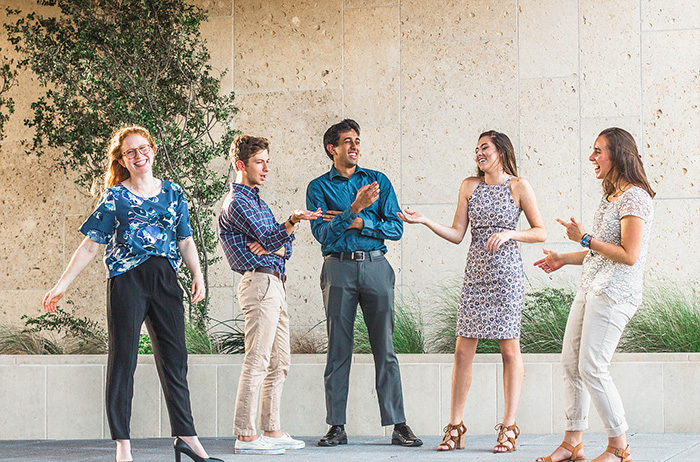
Read more about them on their blog and make a contribution to their project.
Team Thailand 1: Building a kitchen to provide meals for children in Thap Luang
The Ban Thap Ta Thaen school in the Suphan Buri Province of Thailand in the city of Thap Luang provides a fun and safe learning environment to children from Kindergarten to sixth grade. However, they currently don’t have a proper kitchen to serve meals for the students. The only sink in the school community is located near the bathroom, and the water for cooking comes from this bathroom sink, which fails the government’s safety tests. The children of Ta Thaen school come from impoverished families, many of whom live with elderly relatives while their parents work in cities like Bangkok. School meals may be their only meal of the day.
Team Thailand 1 is working with the New Life Church in Suphan Buri to build a new kitchen that can provide meals to children safely and efficiently. The new kitchen will have a sink dedicated to cooking and washing dishes, and the team will build a water line dedicated for the sink to ensure water quality. They will also increase the counter size and serving window for a more efficient and sanitary preparation and distribution of meals for the children.
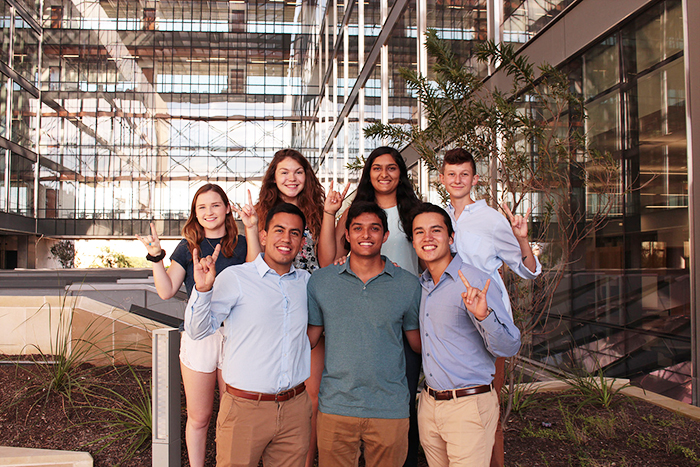
Read more about them on their blog and make a contribution to their project.
Team Thailand 138: Providing accessible clean water to students in the Ban Huai community
In many parts of rural Thailand, access to clean water is increasingly scarce because of the country’s rapid growth. The government delivers water to these areas in trucks, and due to contamination during transportation, the water received by the community is often visibly dirty. Ban Huai Yang elementary school is one of the affected communities. Currently, there is also no filtration or treatment in place for the school’s water tanks, posing serious health hazards and possibly exposing students and teachers to harmful bacteria.
Team Thailand 138 aims to build a water filtration system,12 sinks, as well as 2 spigots to give students access to clean drinking water in the elementary school. The team is working with a local community partner to ensure the community’s basic right to clean water for students and teachers to drink, brush their teeth and cook their food with clean and safe water.
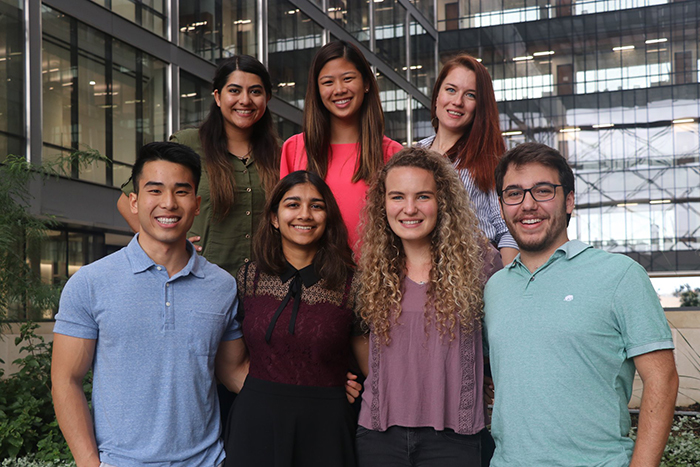
Read more about them on their blog and make a contribution to their project.
Team India: Bringing education and infrastructure to Sirupinayur
In the village of Sirupinayur in Tamil Nadu, India, the Irula community has an education challenge. The community’s children do not have equal access to education and are not allowed to attend nearby schools. Team India’s goal is to empower the community by offering school-age children equal access to education and community resources.
They are teaming up with an Indian non-governmental organization called Church’s Auxiliary for Social Action (CASA) to design and construct a learning center for the community, which will be accessible for the Irula children and several nearby villages longing for inclusion. The center will provide educational services, economic empowerment, literacy and clothing resources.
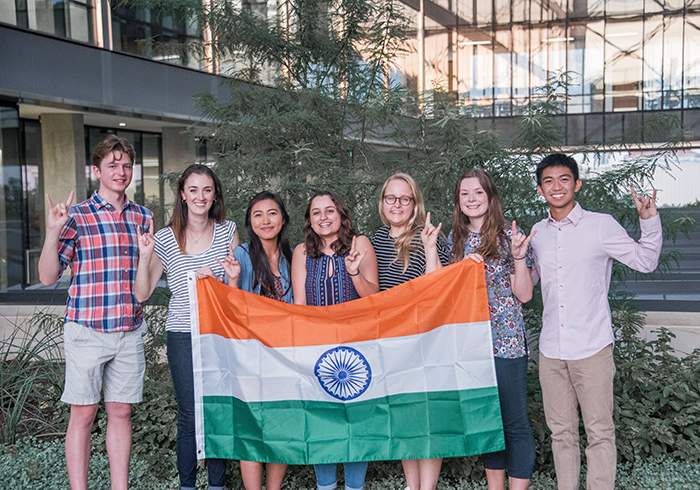
Read more about them on their blog and make a contribution to their project.

